The EU 2030 headline targets from the European Pillar of Social Rights Action Plan, of at least 78% of adults employed and 60% participating in training every year, require significant effort to remove hurdles and promote the participation of women in the labour market.
The situation

Only 67.7% of women in the EU are employed, compared to 78.5% of men, despite higher formal educational attainment

Men and women usually spend similar time on education and training. However, in Sweden (+12%), Denmark (+7%), and Finland (+7%), women invest more time

Only 7.5% of board chairs and 7.7% of CEOs in the EU are women

75% of unpaid care and domestic work is done by women
Untapped potential: women are underrepresented in key sectors for the green and digital transitions
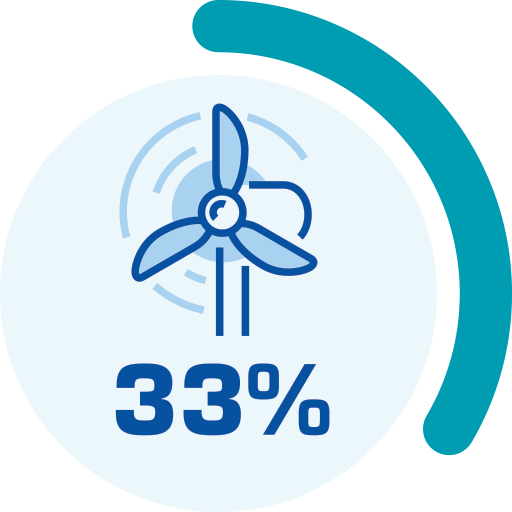
33% in renewable energy
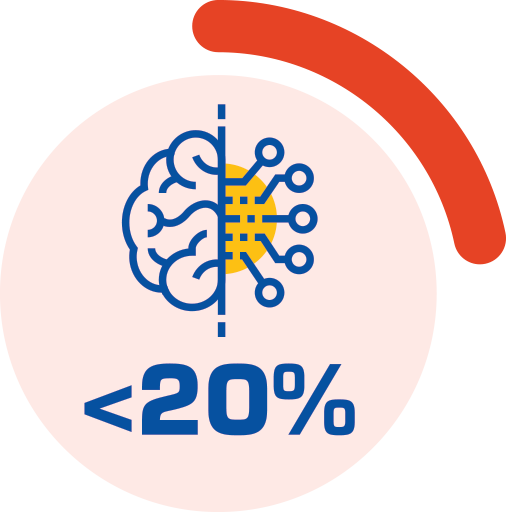
<20% of ICT specialists
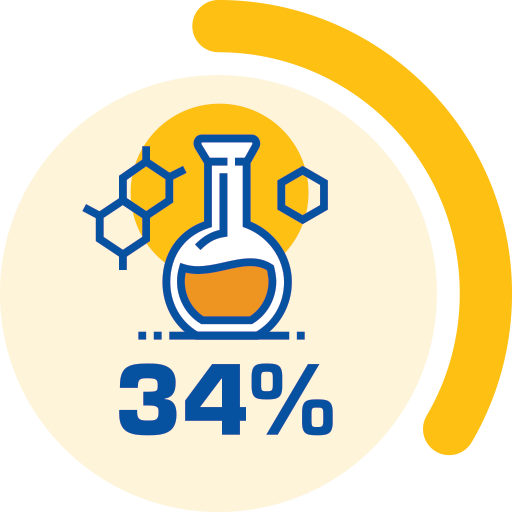
34% of Science, Technology, Engineering and Mathematics (STEM) graduates
EU funds available

The European Social Fund Plus (ESF+) provides funding opportunities focused on upskilling and reskilling of women.
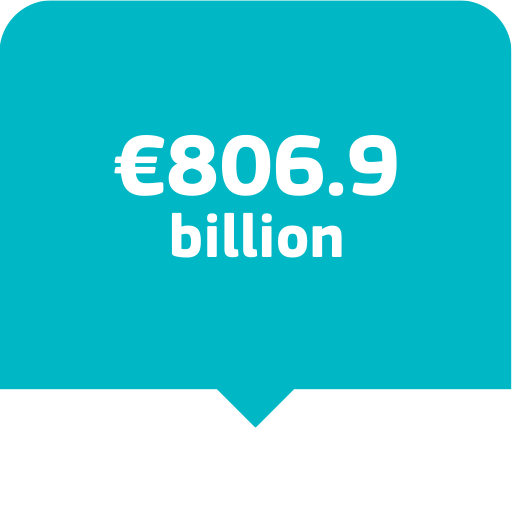
The Recovery and Resilience Facility (RRF) requires Member States to promote gender equality to access funding.
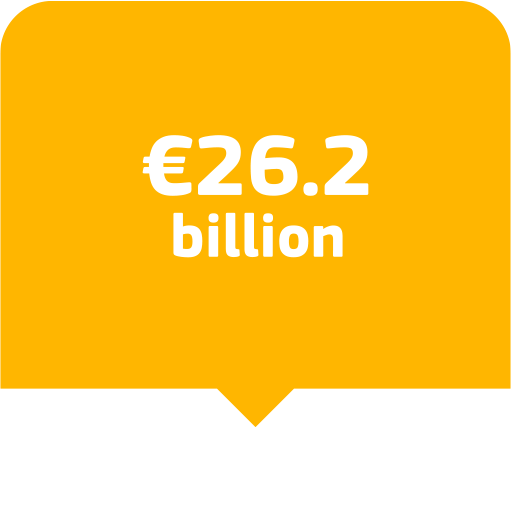
Erasmus+ allocates funding for education and training initiatives.
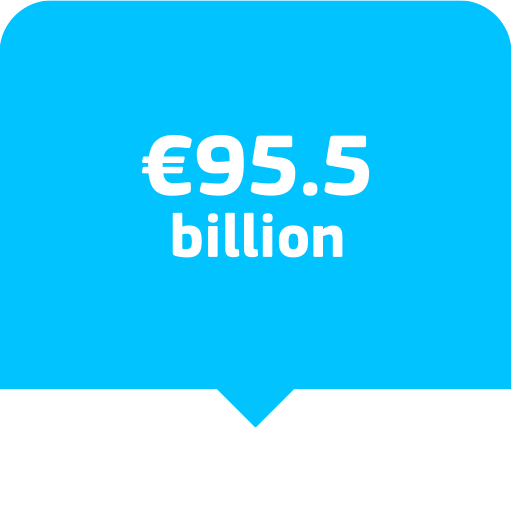
Horizon Europe funds projects, among others, aiming to advance gender equality in research and innovation.
